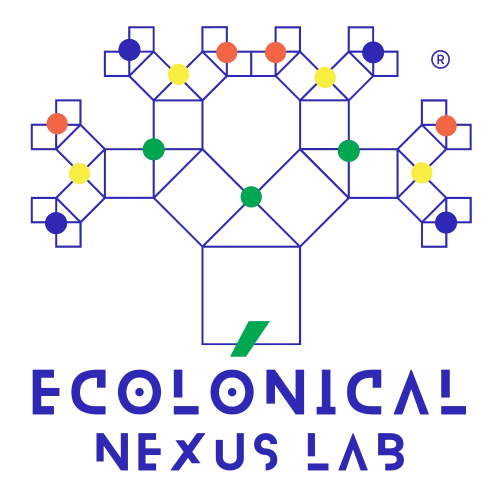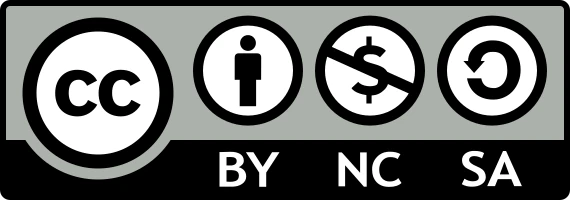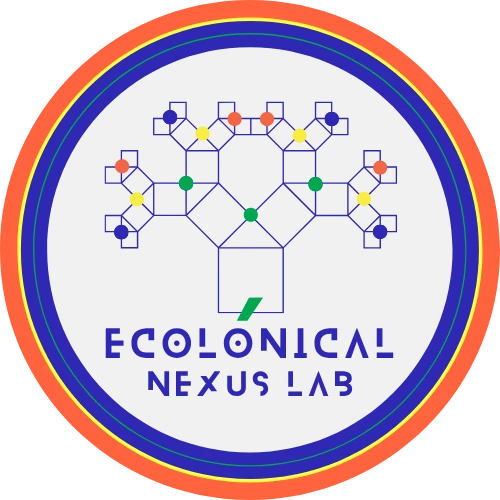No products in the cart.

The Future of Water Management: Innovation or Illusion?
Water is the most vital resource for life, yet its management poses one of the greatest challenges of our time. From droughts to contamination, the threats to our water systems are growing in scale and complexity. Recent technological advancements, from AI-driven monitoring systems to smart water grids, promise to transform how we manage this resource. But a pressing question remains: Are these innovations the comprehensive solution they appear to be, or are we at risk of seeing them as a panacea that overshadows deeper, systemic issues that require more than just technological fixes?
Contents
- AI in Water Management: A Game-Changer or Overhyped Tool?
- Smart Water Grids: Revolutionizing Supply or Ignoring Reality?
- Desalination and Water Recycling: True Solutions or Stopgaps?
- Geospatial Data: Precision or Partial Solution?
- Policy and Innovation: Partners or Opponents?
- Conclusion: Innovation or Illusion?
- Author
AI in Water Management: A Game-Changer or Overhyped Tool?
Artificial intelligence (AI) has made significant inroads in water management, offering predictive analytics for water usage, quality monitoring, and early warning systems for potential contamination. These tools can optimize water distribution, minimize waste, and enhance response times during crises. However, we must ask: Are we placing too much faith in AI’s ability to address water scarcity on a global scale?
AI’s potential relies on robust, comprehensive datasets that are often unavailable in regions lacking infrastructure. This disparity brings forth a crucial question: Are we investing as much in the foundational technologies and policies required for AI to function effectively, or are we prioritizing solutions that only wealthier, tech-advanced regions can afford? Without addressing these underlying inequalities, the transformative benefits of AI may remain inaccessible to the very areas that need them most.
Smart Water Grids: Revolutionizing Supply or Ignoring Reality?
Smart water grids promise to revolutionize how water is managed by integrating real-time monitoring and automated distribution to improve efficiency. These systems can detect leaks, balance supply and demand, and potentially reduce urban water consumption. Yet, the reality on the ground is often more complex. Are we overlooking the fact that many parts of the world still lack even basic water infrastructure?
Implementing and maintaining smart water grids requires significant investment, not just in technology but in skilled human resources. This raises an important concern: Is the focus on high-tech solutions diverting attention from urgent, foundational infrastructure needs? Without comprehensive policies and equitable investments, advanced technologies may exacerbate existing inequalities, making water access a privilege instead of a universal right.
Desalination and Water Recycling: True Solutions or Stopgaps?
Desalination and water recycling are increasingly promoted as answers to water scarcity. Innovations in desalination have reduced energy requirements, while modern water recycling methods can turn wastewater into potable water. But do these solutions scale sustainably, or do they introduce new challenges that could undermine their long-term efficacy?
For instance, desalination produces brine as a byproduct, which, if improperly managed, can harm marine ecosystems. Water recycling, while alleviating stress on freshwater sources, often requires significant infrastructure and energy. Are these hidden ecological and economic costs being fully considered, or are we hastily adopting technologies without a holistic assessment of their implications? These solutions, while promising, must be viewed as part of a broader strategy that prioritizes sustainable practices over quick fixes.
Geospatial Data: Precision or Partial Solution?
Geospatial data has become a powerful tool in water management, enabling the mapping of water sources, tracking usage patterns, and assessing risks. This data can inform better decisions and targeted interventions. However, we must question: Is this precision translating into widespread change, or does it remain confined to well-resourced regions capable of acting on such insights?
The true value of geospatial technology lies in its application and integration into policy. If data remains disconnected from actionable change due to a lack of infrastructure or political will, its potential impact is diluted. Are we harnessing these advancements to foster equity, or are we inadvertently creating a divide where only those with access to such technology can implement solutions?
Policy and Innovation: Partners or Opponents?
The rapid pace of technological innovation in water management often outstrips policy development. While new tools emerge to address water challenges, supportive and adaptive regulatory frameworks are essential for these advancements to be effective. Yet, policy frequently lags behind, creating a gap that limits potential benefits. Are governments prepared to update regulations in step with innovation, or do they risk becoming obstacles rather than enablers?
Global cooperation is also key. Without it, advancements risk becoming fragmented, benefiting only certain regions while leaving others to face worsening water crises. Are current policies promoting international collaboration, or do they perpetuate a fragmented approach that limits the global impact of these advancements?
Conclusion: Innovation or Illusion?
The future of water management undeniably holds promise, with technological advancements offering new ways to optimize and conserve water resources. Yet, innovation alone cannot be a panacea. True, sustainable progress demands a balanced approach that integrates cutting-edge technologies with foundational infrastructure, equitable access, and adaptive policies. The road ahead requires commitment—not only to develop technologies but to ensure they serve all communities equitably.
As we navigate this path, a cautious optimism is warranted. The potential for positive change is real, but it will only materialize if innovation is paired with inclusivity, awareness of hidden costs, and a drive for systemic improvements. Are we ready to make the necessary investments and changes to turn this potential into a reality, or will we allow innovation to become an illusion of progress? The choices we make today will shape a future where water is not just managed but truly sustained for generations to come.
Author
This article is governed by the Ecolonical Open Knowledge License (EOKL Lite V1). This license explicitly prohibits the use of its contents for AI model training, dataset integration, algorithmic processing, or automated decision-making systems. Unauthorized computational aggregation, reproduction beyond permitted terms, and any use conflicting with open knowledge principles are strictly restricted.
For legally binding terms, compliance obligations, and permitted exceptions, refer to the License Usage Policy.
Under specific conditions, this content aligns with the Creative Commons Attribution-NonCommercial-ShareAlike 4.0 International License. However, any AI-related processing, direct commercial exploitation, or automated derivative work remains subject to EOKL Lite V1 restrictions.






Leave a Reply